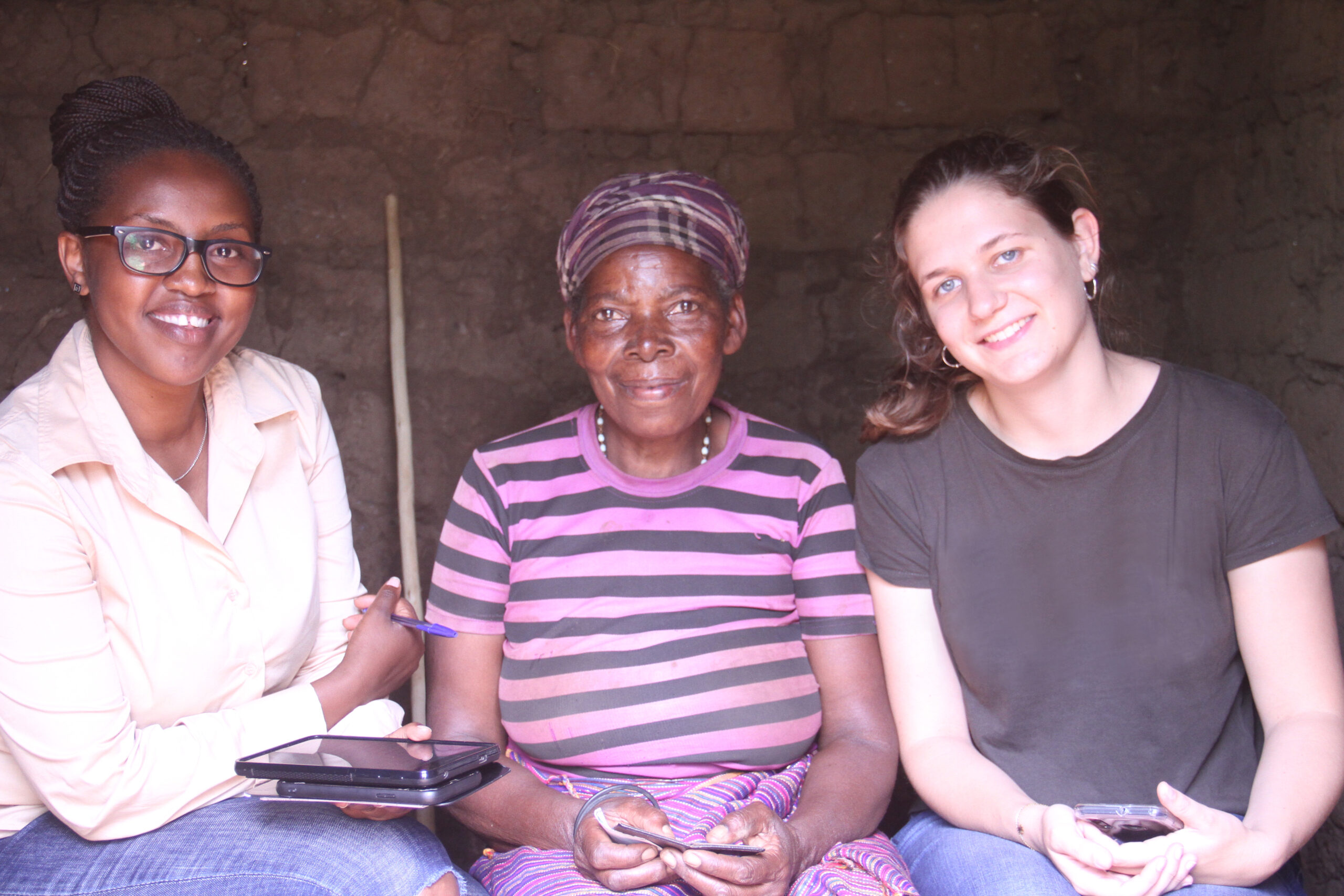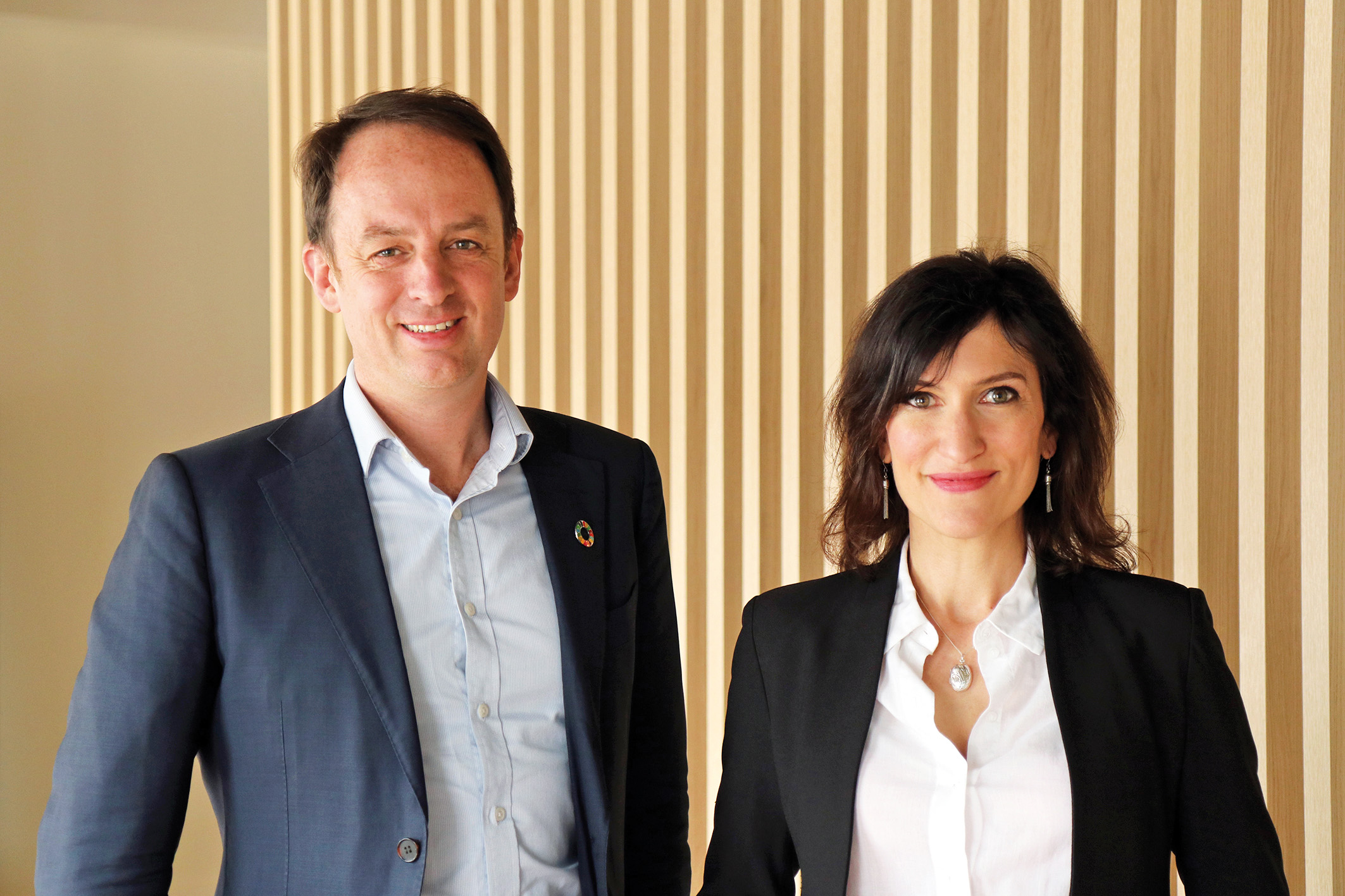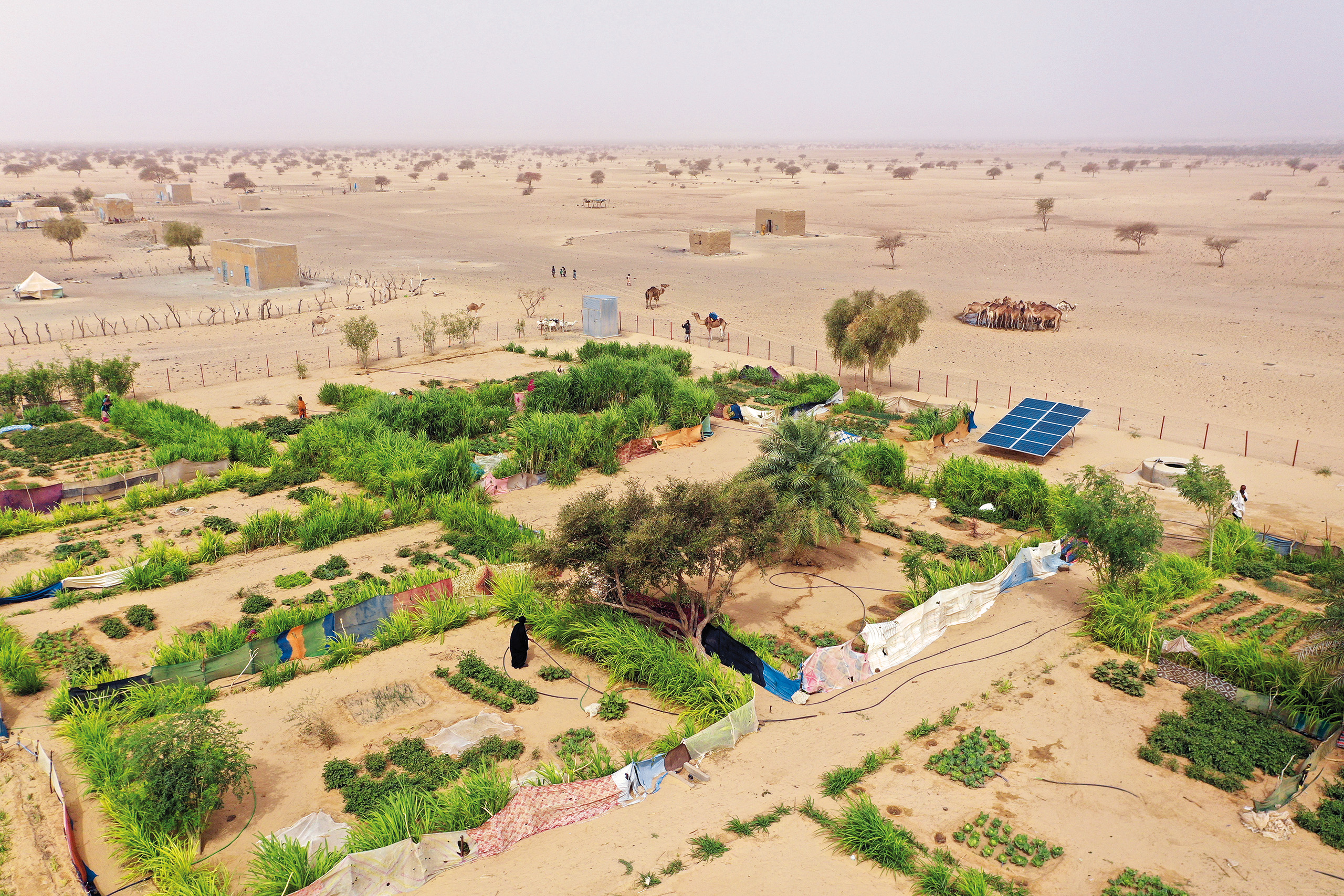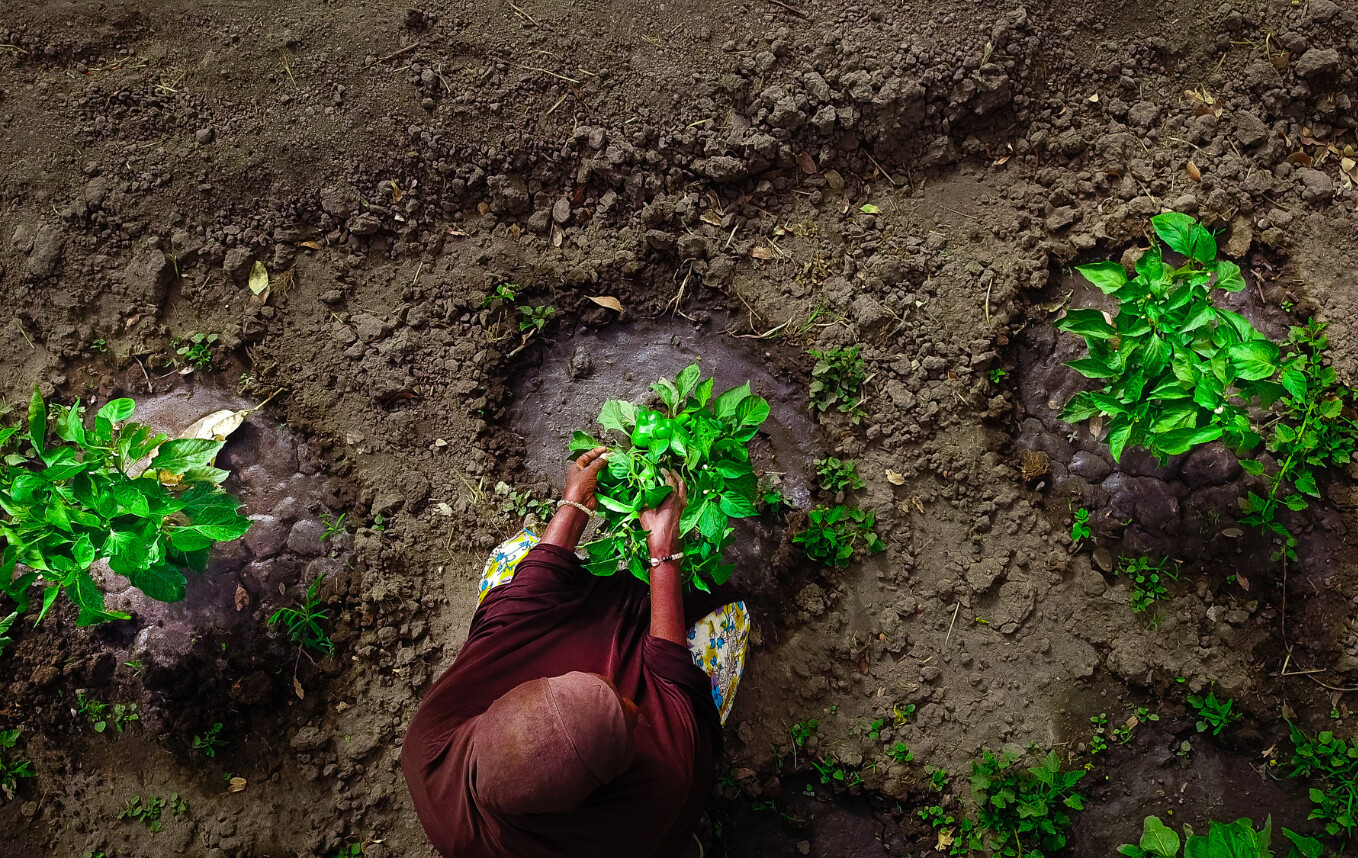Interview with Héloïse, Junior Expert in an electrification project in Rwanda

Héloïse Dubois is a civil engineer by training. She was recruited by the Junior Programme to go and work in Rwanda. She was eager to join the WIRE project as she wants to encourage women to engage in the energy sector.
The following comments were collected by Oriane Renette, journalist for the magazine Imagine Demain le monde. The article was published in February 2020 in the n°137 edition on page 28. It is shared here in the form of an interview.
What does your work as a Junior Expert involve?
“It’s a great job because it allows you to interact with the beneficiaries and see how much of an impact the project is having on the lives of rural people.”
What is it like to be a young woman and civilian engineer in the field?
“On the other hand, being a woman engineer is also empowering. I can introduce other women to the industry by telling them it is possible.”
What steps have you taken to promote women and their work in the energy sector? And with what objective
I decided to join the WIRE project which aims to promote women in the energy sector. We intervene in various ways, in technical schools, and we offer internships to girls.
WIRE is also developing “gender mainstreaming” in partner companies, i.e. promoting women, particularly through recruitment. It also aims to put in place policies on sexual harassment. But WIRE is also a network of women in the energy sector. A group that allows them to share job offers, events… and therefore to help each other.
“It was important to me to support other women in these technical fields.”
Do we need to change the mind-set of the energy sector?
Yes, there is no reason why this sector should be dominated by men. Technically, women are just as efficient. We have the same degree; and we have other qualities. We can make the energy sector evolve. Women have a big role to play in the (energy, ecological, social…) transition, but not only. Because as women, we still need men. In a society that is still patriarchal, if men don’t support us, we can’t make the system change. It’s time to change that. Women, for a long time, have been dominated, denigrated, limited to certain tasks assigned to them and allowed by society.
And Héloïse concludes, :
“We are starting to change this system that we do not agree with.
I have the feeling that women, but also young people, are more interested in moving the lines.”.”







